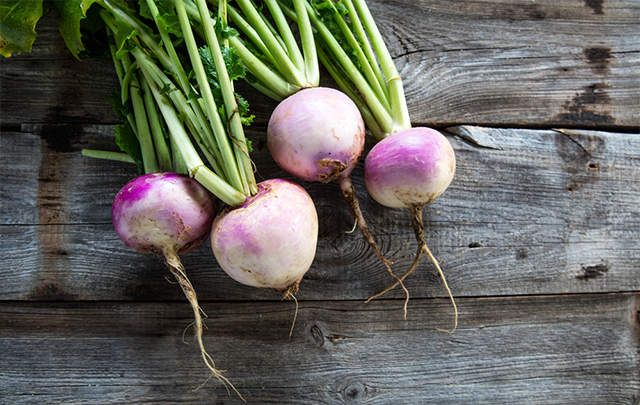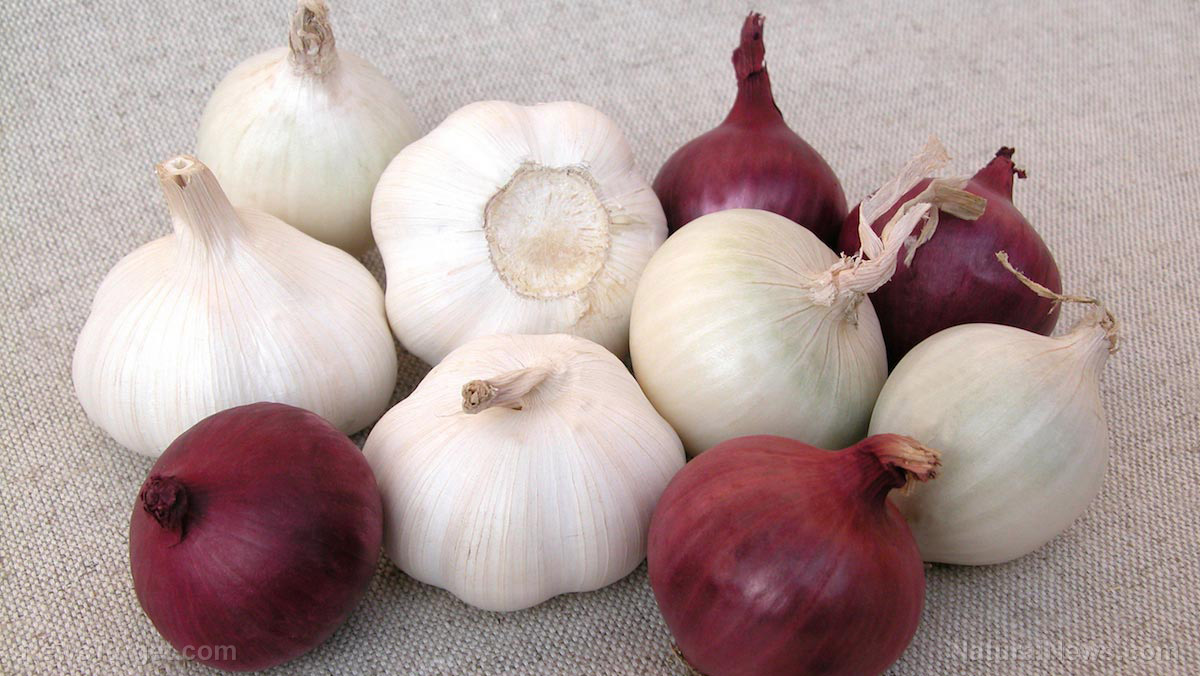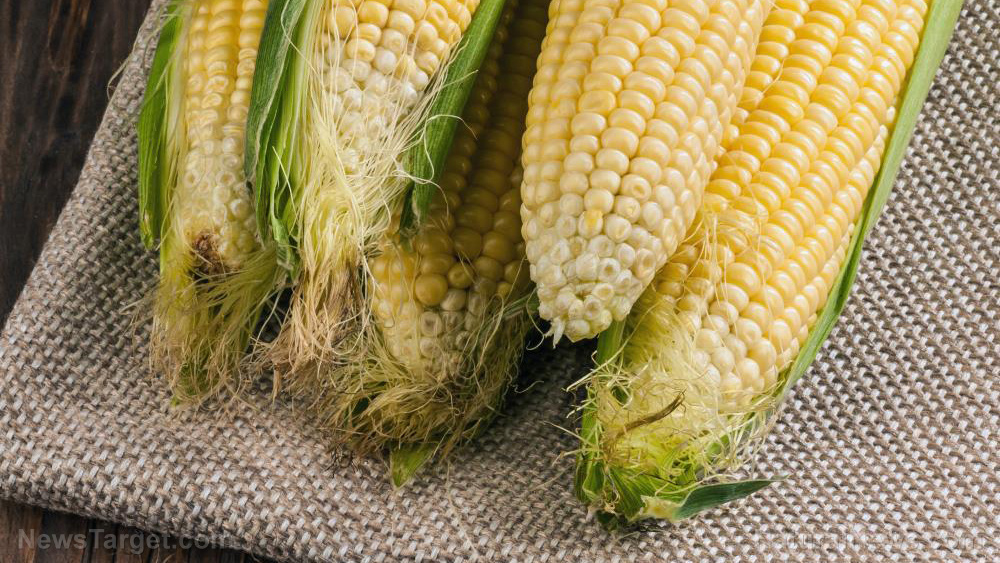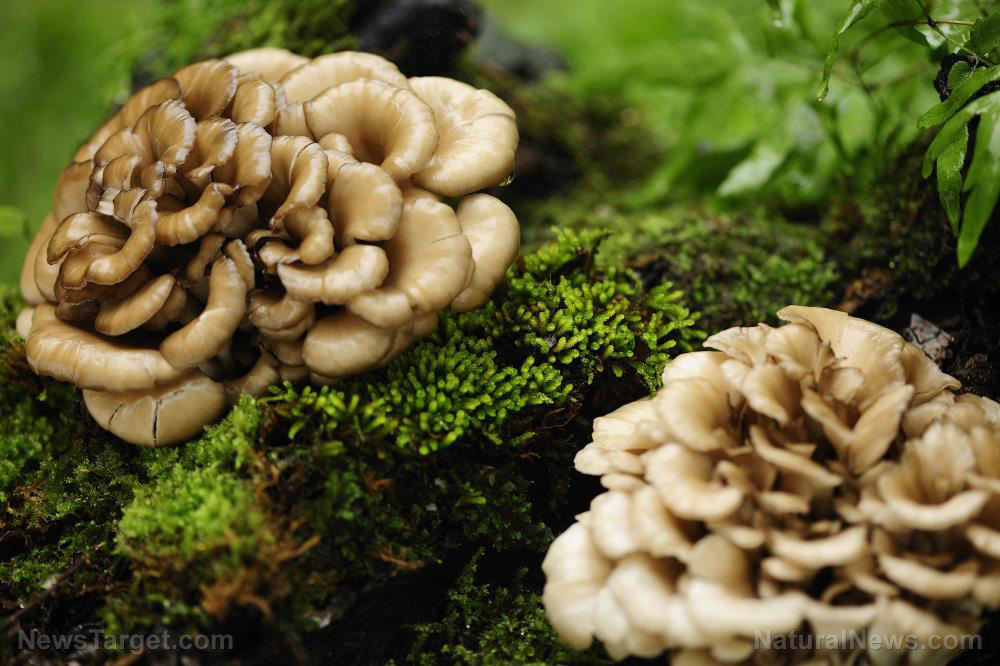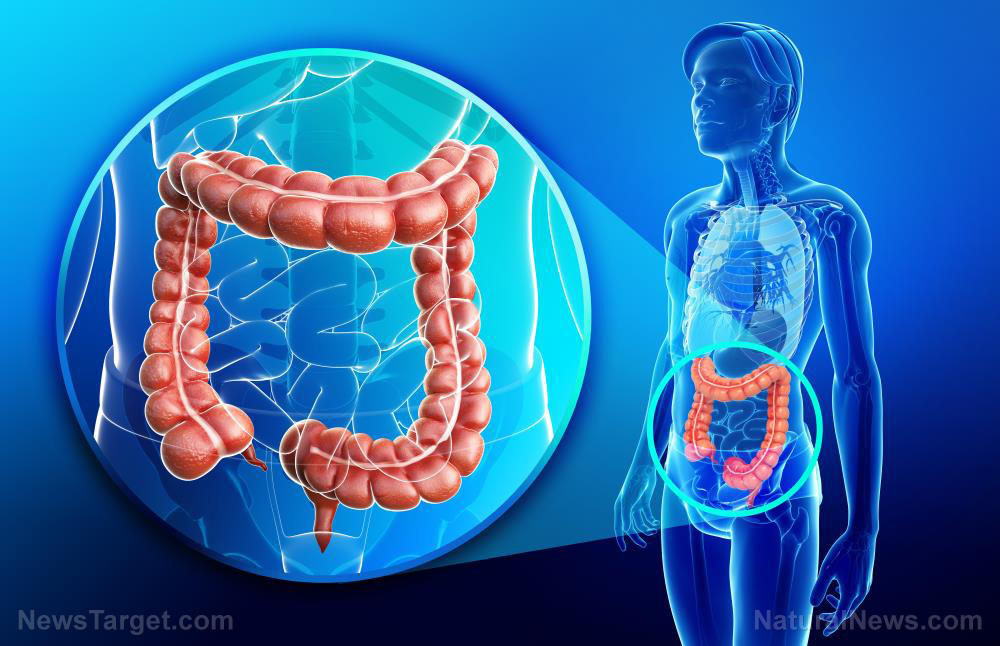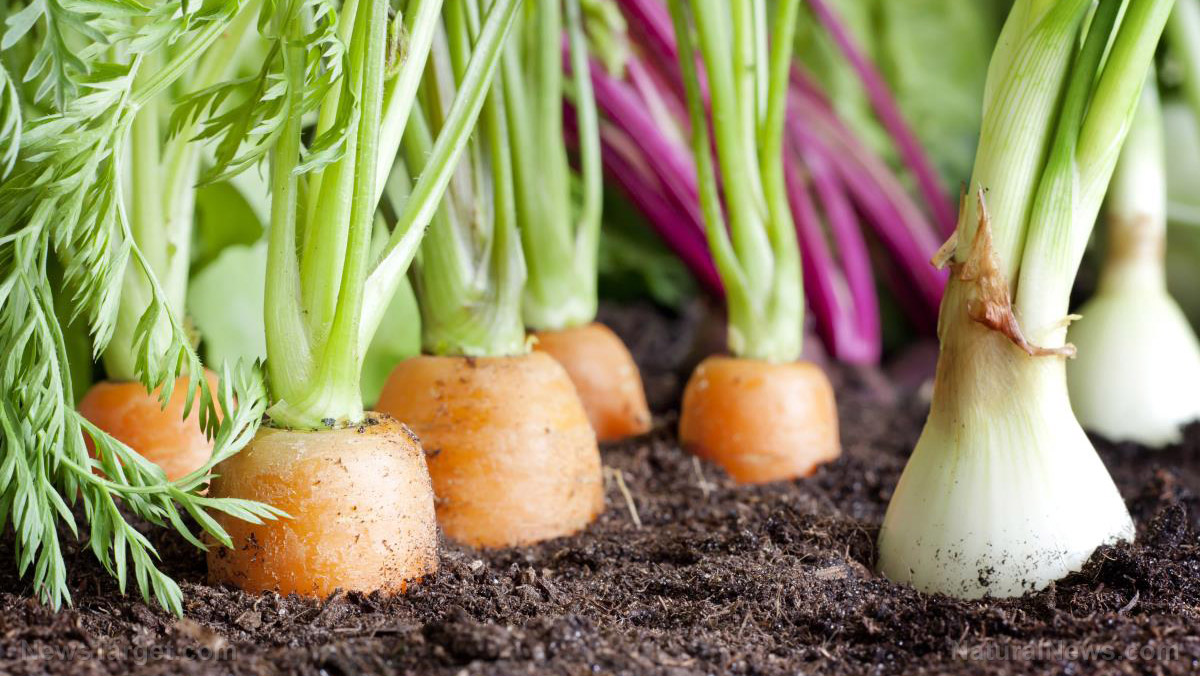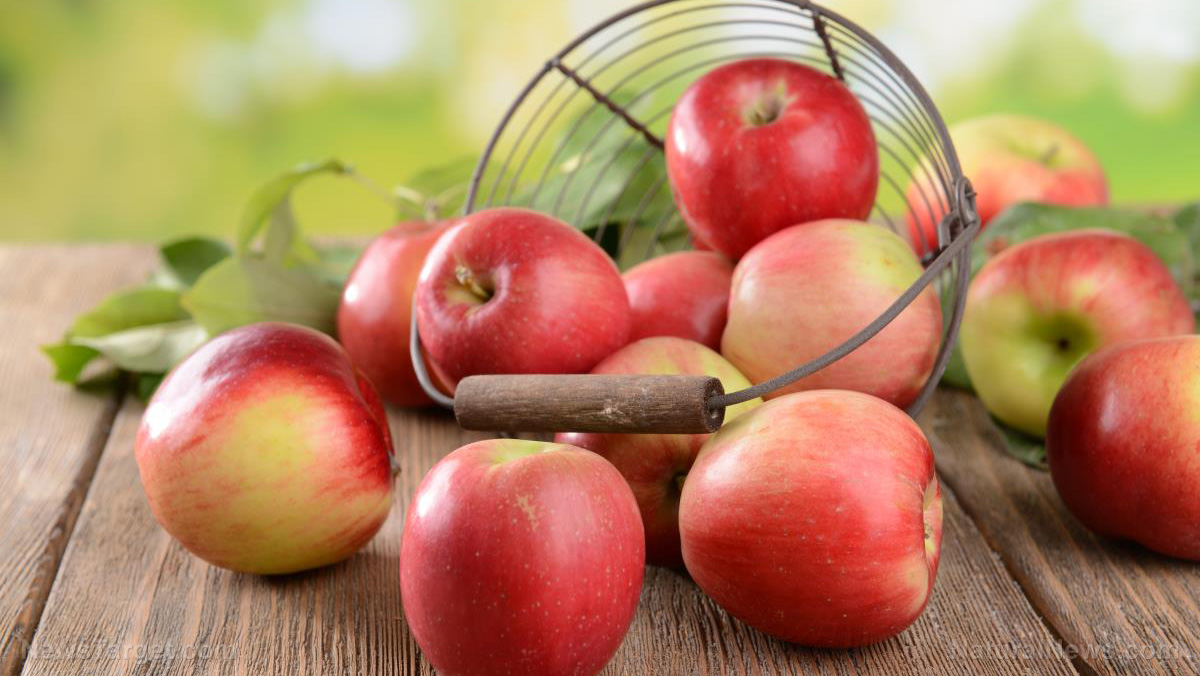Eating more flavonoid-rich foods can stave off disease and lower cancer risk, advise researchers
08/03/2020 / By Divina Ramirez

It’s no secret that fresh, nutrient-rich foods, such as fruits, salad greens and beans, among others, promote optimal health. Children are taught to eat them for a reason, and adults are expected to incorporate them into a balanced diet.
The health benefits attributed to these foods are the result of the synergistic interactions of multiple essential nutrients. But scientists maintain that a class of plant nutrients called flavonoids hold significant importance in promoting optimal health.
The impact of flavonoids on human health
Flavonoids are a class of plant metabolites that can be found in a number of plant-based foods. Hailed for their potent antioxidant properties, these plant nutrients are capable of fighting inflammation, cellular damage and infection due to pathogens, free radicals and other harmful biological agents.
In addition, recent studies agree that flavonoids can exert beneficial effects against a multitude of diseases, including cancer and heart disease. One such research published in the International Journal of Epidemiology affirmed that the regular consumption of flavonoid-rich foods can reduce mortality risk.
In particular, the international team of researchers behind the study found that an intake of at least 500–800 g of fruits and vegetables each day results in significant reductions in the risk of coronary heart disease and stroke, the first and fifth leading cause of death in the U.S., respectively.
In another article published in the journal Nature Communications, an international team of researchers reported that the adequate consumption of flavonoid-rich foods can help extend lifespan and protect against cancer. The team also found that these effects are more pronounced in smokers and high alcohol consumers.
Furthermore, one of the most promising studies to date regarding the role of flavonoids in cancer prevention is a 2003 case-control study conducted in Greece. The international team of researchers behind it found that a higher intake of flavone, one of the six flavonoid groups, is linked to a reduced risk of breast cancer.
Taken together, these studies confirm the major role of flavonoids in fighting chronic diseases, such as heart disease and cancer, and increasing lifespan. In doing so, these studies also encourage eating flavonoid-rich foods as part of a balanced diet to reduce the risk of chronic diseases due to poor health and nutrition in later life.
Flavonoids in foods
Nicola Bondonno, the lead author of the Nature Communications article, encourages eating different plant-based foods and drinks to get equal intakes of the six flavonoid groups.
Each one of these groups supports unique functions and offers distinct health benefits that, taken together, promote optimal health and a longer lifespan.
Flavones
This group includes the compounds luteolin and apigenin that can inhibit the proliferation of cancer cells. In general, flavones are also the main compounds behind the reported antioxidant benefits of flavonoids. Good sources of flavones include celery, parsley, oregano and other herbs.
Flavanones
This group includes the compounds hesperetin, eriodictyol and naringenin. All three help neutralize free radicals, regulate blood pressure and reduce the risk of chronic disease. Citrus fruits are the most abundant sources of flavanones, but tomatoes and aromatic plants like mint also contain modest amounts of it. (Related: Hesperidin, a natural flavonoid in citrus fruit, found to prevent photoaging.)
Flavonols
Flavonols are the most common group of flavonoids found in foods. Some of the main compounds that make up this group include quercetin and kaempferol. Both are hailed for their potent cancer-fighting properties. Flavonols are present in foods like onions, ginger, broccoli, asparagus, leeks, Brussels sprouts, kale, green tea, berries, beans and apples.
Flavanols
Flavanols, also called flavan-3-ols, include compounds like catechin, epicatechin gallate and epigallocatechin. Compounds classified into this group are responsible for the reported health benefits of foods like green tea, cocoa, grapes and blueberries. Besides fighting inflammation, flavanols also help boost blood circulation and combat cellular damage.
Isoflavones
This group includes hormone-regulating compounds like genistein, glycitein and daidzein. Beans and legumes are the richest sources of these compounds. Besides supporting estrogen functions, isoflavones are also thought to be beneficial in reducing the risk of hormonal cancers, such as breast cancer and prostate cancer.
Anthocyanidins
This group includes the red, purple and blue pigments responsible for the bright colors of certain foods like blueberries, raspberries, grapes, eggplants and red cabbage, among others. Compounds belonging to this group include cyanidin, pelargonidin and peoidin. All three help support heart health, combat free radicals and reduce cancer risk.
Flavonoids are incredible plant nutrients capable of fighting disease, reducing cancer risk and increasing lifespan. Eat flavonoid-rich foods as part of a balanced diet to make the most of their numerous health benefits.
Sources include:
Tagged Under: alternative medicine, anticancer, flavonoids, food cures, food is medicine, functional food, heart health, natural cures, natural medicine, nutrients, phytonutrients, research
RECENT NEWS & ARTICLES
COPYRIGHT © 2017 PREVENT CANCER NEWS




